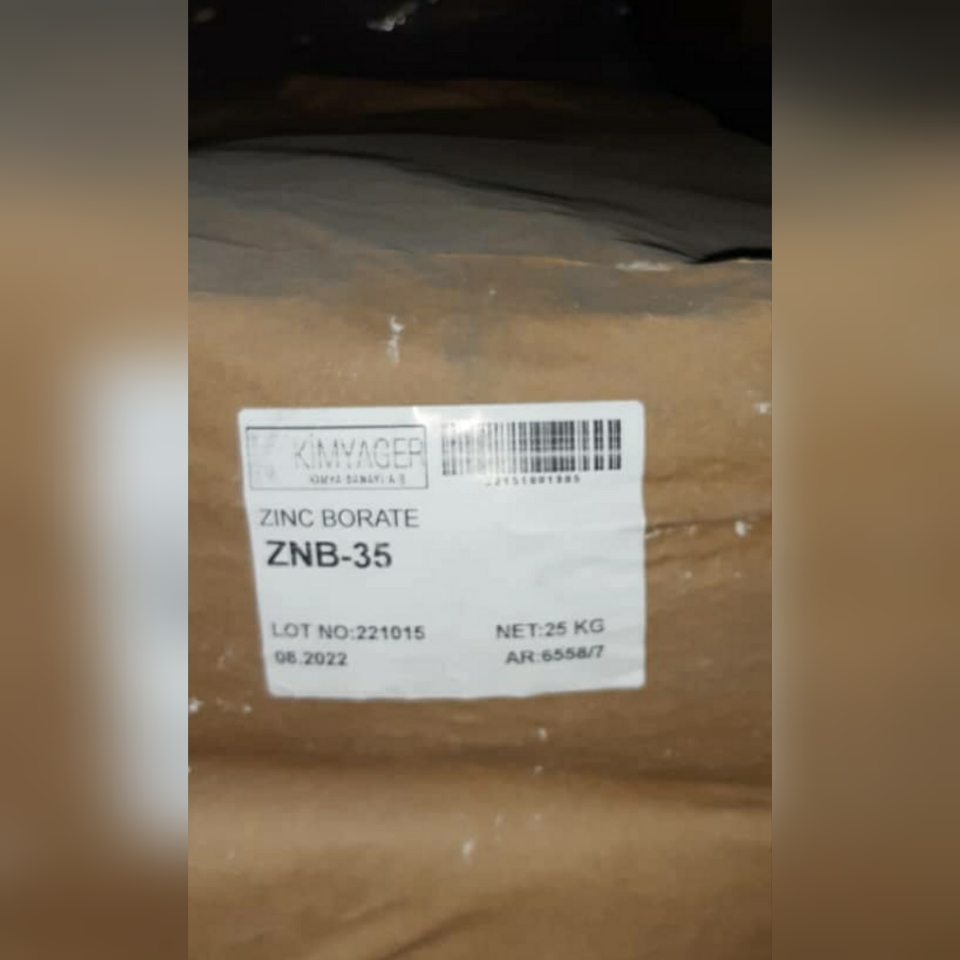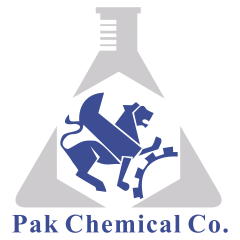Zinc borate, a compound whose utility extends across a vast array of industries and applications, is an inorganic borate of zinc with the chemical formula 2ZnO·3B2O3. It is characterized as a white, crystalline or amorphous powder that is insoluble in water. Despite its simple appearance, it plays a critical role in areas such as fire safety, ceramics manufacturing, and wood preservation, to name just a few. This article delves into the essence, applications, and key points of zinc borate.
Exists in several hydrate forms, each unique in its constitution, but the most commonly used form is the aforementioned chemical structure. As an inorganic compound, it exhibits low toxicity, rendering it a safe choice for various uses. Provided appropriate handling and safety measures are observed.
Primarily recognized for its fire-retardant properties, zinc borate also offers benefits like smoke suppression, compatibility with other flame retardants, stability during high-temperature processing, and insulation properties. It is these properties that have paved the way for its extensive adoption in different industries.
Applications of Zinc Borate
A significant application of zinc borate is in the realm of fire safety. Extensively used as a flame retardant in numerous materials, including plastics, cellulose fibers, paper, rubbers, and textiles. When exposed to heat, it decomposes, releasing water in the form of steam, which dilutes flammable gases. Simultaneously, it creates a char layer on the material’s surface, limiting oxygen availability, thus inhibiting combustion.
In addition, also functions as a smoke suppressant. Smoke developed during fires poses severe visibility and health issues; therefore, minimizing smoke is crucial. Zinc borate, when incorporated into materials, can decrease the quantity of smoke generated during combustion.
Another noteworthy application of zinc borate is in wood preservation. In combination with other treatments, it serves to prevent decay and protect the wood from pest infestations. Widely used in outdoor lumber and other wooden structures, making them more durable and resistant to external factors. Because it is insoluble in water and does not leach out, it provides long-term protection.
Ceramic Industries
The ceramic industry, too, finds significant utility in zinc borate. In ceramics, it serves as a frit, a color stabilizer, and a body ingredient. The compound helps regulate the melting properties of glazes, making it easier for ceramic artists to work with their materials. Furthermore, it helps to stabilize the color of the final product, leading to consistent, vibrant results. Also utilized in enamels and ceramic pigments.
It is also employed in the field of electrical insulation, specifically in cable insulating materials. Here, it contributes by enhancing char layer formation and reducing dripping and afterglow. Its presence contributes to safer and more efficient electrical systems by minimizing the potential for electrical fires.
Conclusion
In conclusion, zinc borate is an incredibly versatile compound whose applications span numerous industries, from improving fire safety to facilitating the production of ceramics. Its beneficial properties such as fire retardancy, smoke suppression, and insulating abilities make it a valuable additive in various manufacturing processes. Nonetheless, the need for safe and responsible use cannot be overstated. As we continue to harness the power of such compounds, it is vital to balance their benefits with the responsibility of ensuring safety and environmental preservation.

